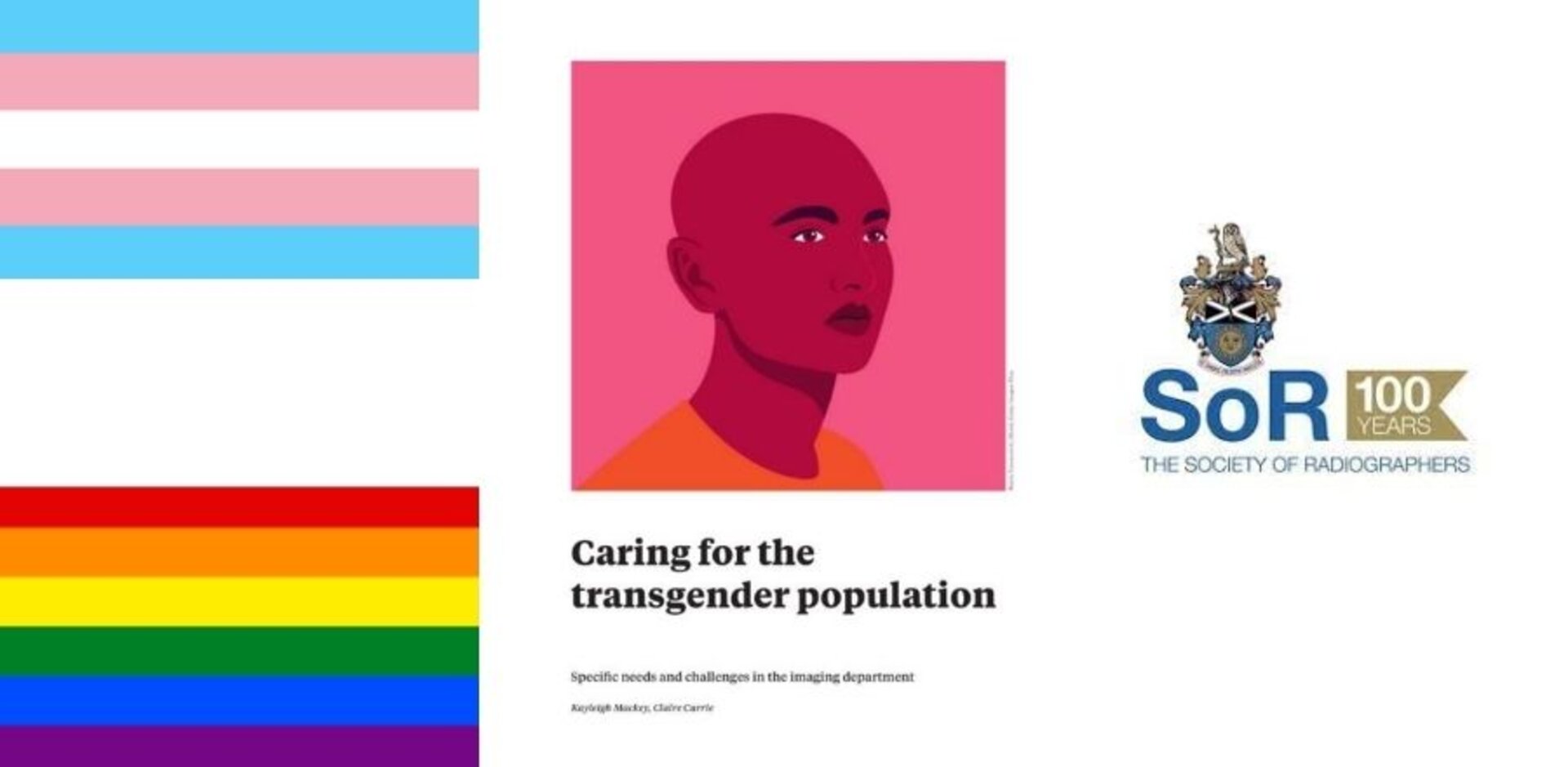Diagnostic Imaging student’s work recognised beyond University journey

A recent graduate’s essay, which was written during her third year at GCU, has featured on the front page of a national society’s magazine.
Kayleigh Mackey, who graduated this year from the BSc (Hons) Diagnostic Imaging programme, received recognition from the Society of Radiographer’s after being encouraged to submit her work by lecturer, Claire Currie.
Students on the programme had originally been tasked with writing an essay around a particular patient group as part of their third year coursework, with Kayleigh opting to focus on transgender patients.
She said: “I realised that there hadn’t been much written on transgender patients and radiography. I have many friends and fellow staff members who are part of the LGBTQ community and I’m keen to always show that everyone is equal.
From my own personal experience, I’m aware that there can sometimes be a negative attitude towards LGBTQ patients within the NHS. I’ve witnessed people sniggering behind their backs and that just shouldn’t be happening. I was just keen to look at this and to see how things could improve, so that’s why I chose the topic.”
Kayleigh’s essay focused on a variety of issues facing the transgender community, including the importance of appropriate screening being accessible and why some individuals don’t access healthcare services.
She explained: “You get called for screening based on certain conditions to do with your gender, for example as a male you’re more likely to have an abdominal aortic aneurysm. Even as a transgender person, you are still biologically the same. You would still be biologically male, even if you’ve transitioned to female – therefore still more likely to get an abdominal aortic aneurysm.
If you change your CHI number (a ten digit code, referring to your date of birth and sex), then you might not be called for that to be checked. Ultimately, this means you’re at a disadvantage because you could have certain things going on and still not know.”
Kayleigh added: “The other issue is that some people within the LGBTQ community don’t access the NHS because of the attitude of healthcare professionals. Again, it puts them at a disadvantage because they might not go and see about an issue they are having.
For a lot of healthcare professionals, it’s not necessarily a conscious decision to discriminate against them, it’s more hesitation around being worried about saying the wrong thing.”
Despite the success of her article “Caring for the transgender population”, Kayleigh insists she’s not had the courage to read it back yet.
She explained: “I wrote it during my third year and it seemed to take forever because the magazine changed publication. Since it came back out I actually can’t bring myself to look at it again - I’m having a moment of denial, it’s a bit strange!
Everyone in work is talking about it and it seems to be well received. I do have a paper copy and I am actually very proud!”
Kayleigh added: “Not a lot of people would be able to say they’ve had something published. It’s made it seem more doable for me and I would consider pushing to get work published again in future.”
You can read Kayleigh’s article here
By Ross Clark
Got an SHLS or GSBS story? Email Ross.Clark@gcu.ac.uk or connect with me on Twitter
